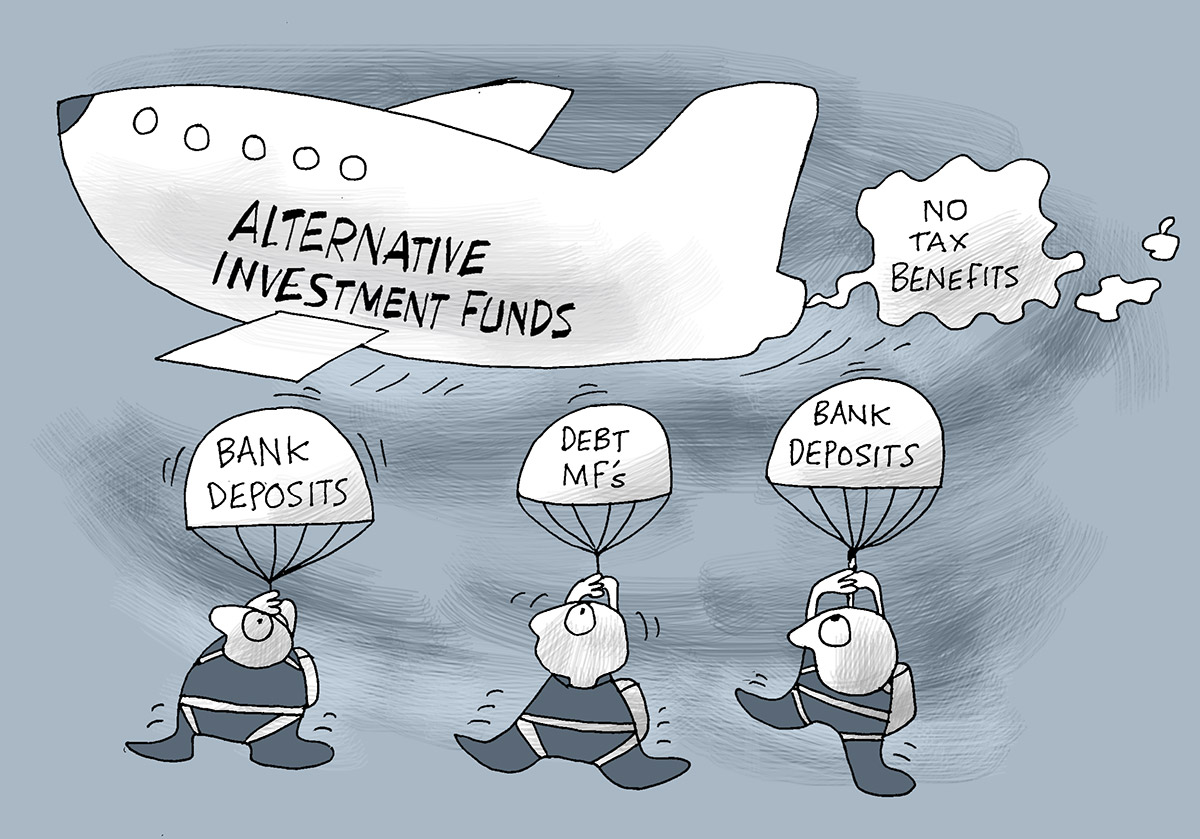Sebi had issued norms to bring clarity on the on boarding of accredited investors, however, the certification for the same have not picked up much.
Around Rs 1 trillion, or a fifth of the investments made by alternative investment funds (AIFs) are questionable in terms of the intent behind the investments and are under the scanner for circumvention of regulations, said Ananth Narayan, whole-time member of Securities and Exchange Board of India (Sebi).
AIFs are pooled investment vehicles that invest in a variety of assets including real estate, startups, unlisted companies, and derivative strategies in the listed space.
The total commitments in the industry have surpassed Rs 12 trillion as of September while the total investments stand at around Rs 4.5 trillion.
As the investments are drawn down in tranches, the commitments are higher than the investments.
The total fund raise is over Rs 5 trillion.
“We have seen cases of funds being structured to circumvent existing financial sector regulations.
“Of the Rs 4.5 trillion of investments, out of the Rs 5 trillion of actual drawdown, around Rs 1 trillion of the investment has been questionable in terms of regulatory intent behind those investments.
“This is not a small number,” said the Sebi official speaking at the CII Alternative Investment Fund Summit.
The instances include circumvention of norms on non-performing assets (NPAs), Insolvency and Bankruptcy Code (IBC), and FPI and FEMA related circumventions.
The market regulator has brought in a code of conduct to curb such practices.
Last year, the market regulator had raised concerns on circumvention of several regulations through AIFs which also led to restrictions imposed by the Reserve Bank of India (RBI) to curb ever greening of loans.
At that time, the regulator had estimated such circumvention to be around Rs 30,000 crore.
On faster approvals of AIF applications, the whole-time member detailed that Sebi is training an in-house large language (LLM) model to reduce the processing times for fresh funds and schemes.
The regulator aims to bring the approval time to less than a month and may soon have the results of the LLM model.
Narayan also called for a shift to the accredited investor model in India, similar to those followed globally for investors participate in hedge funds or private equity enterprises.
Sebi had issued norms to bring clarity on the on boarding of accredited investors, however, the certification for the same have not picked up much.
As of 2023, the total number of accredited investors were as low as 200.
The Sebi official added that arguments for light touch regulations are cogent only if investors are accredited, which refers to their understanding of the risks in the investment product, limited investor protection, and ability to take those risks.
While the AIF industry has called for ‘light touch regulations’, the Sebi official said that the clamour was not from investors.
Naryan also highlighted the need for credible valuations of the unlisted or illiquid assets and checks and balances to ensure there is no ‘valuation shopping’.




